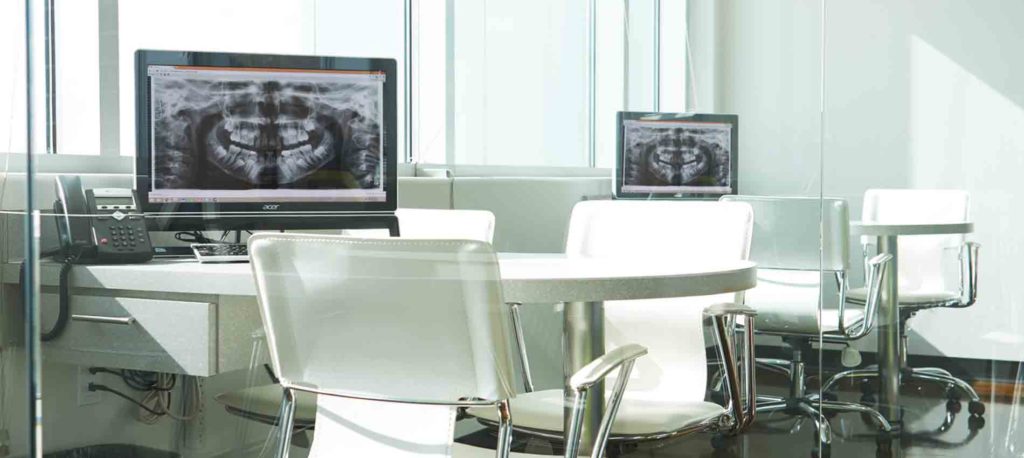“Should I buy an existing practice or start my own?”
This is the question we hear most frequently from doctors considering practice ownership. If you’re weighing these options, we’ve developed four decision filters to help clarify your path:
1. Evaluate Your Timeline
Your current situation significantly impacts which option makes sense.
Starting up may be right for you if your current associateship is unfulfilling or unstable, you want immediate control over your practice decisions, and you’re ready to move forward within the next 6-12 months. Since the pandemic, we’ve seen many associates accelerate their ownership plans. Doctors who once had 5-year timelines are now pursuing ownership within 1-2 years, often through start-ups.
Buying may be right for you if you have a positive work environment with a supportive employer, you’re willing to be patient for 2-3 years to find the right opportunity, you’re not particularly concerned about specific location or lease terms, and you have time to build financial resources for a competitive offer.
If your timeline extends to five years, buying becomes more feasible. Sign up for buyer lists with reputable brokers who will send relevant opportunities your way.
2. Project Yourself 18 Months Forward
Consider this scenario: It’s 18 months from now. You’re still working part-time positions as an independent contractor. Despite being financially qualified, you’ve been outbid multiple times on practices. You’ve discovered that sellers choose buyers based on more than just financial qualifications.
Meanwhile, a colleague who chose to start up signed a lease when you began your buying search. They’re now open and building their patient base.
Would you feel you missed an opportunity? If yes, starting up might align better with your goals. If waiting for the right acquisition doesn’t concern you, buying could be your path.
3. Assess Your Financial Readiness
Both paths require financial preparation but in different amounts.
For start-ups, you’ll need a minimum of $50,000 in cash reserves. Many lenders require $25,000-$30,000 on hand. If working with a consultant, you’ll need at least $15,000 for initial payments. Even without lender requirements, $50,000 provides essential working capital for your first six months.
For acquisitions, prepare $50,000-$100,000 in savings and maintain lower personal debt ratios, as lenders scrutinize your overall financial position. Take a conservative approach to major purchases pre-acquisition.
Financial discipline now will significantly impact your options in the next 18-24 months.
4. Determine How Much Location Control Matters
With a start-up, you select your site based on current demographic and competition analysis. You control location, visibility, and accessibility, and you negotiate lease terms from scratch.
With an acquisition, you inherit the existing location and often the lease terms. The practice may have been established under market conditions that have since changed.
We recommend evaluating potential acquisitions using the same demographic tools applied to start-ups. A practice established years ago may face very different market conditions today than when it was first successful.
Making Your Decision
To determine your path to practice ownership, be realistic about your timeline expectations. Visualize your position 18 months from now under each scenario. Set clear financial targets and assess how important location control is to your practice vision.
Taking time with these four decisions now can save years of career uncertainty and help you move confidently toward owning a successful practice.
Have questions about your specific situation? Reach out to us.



